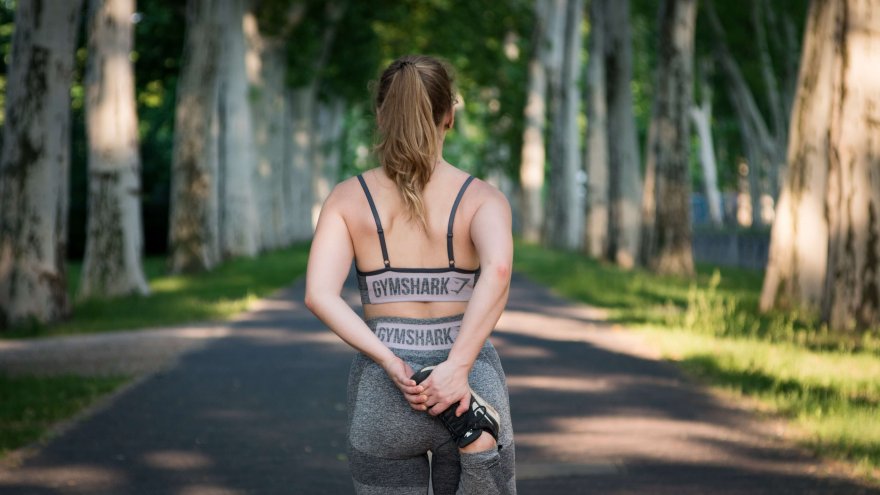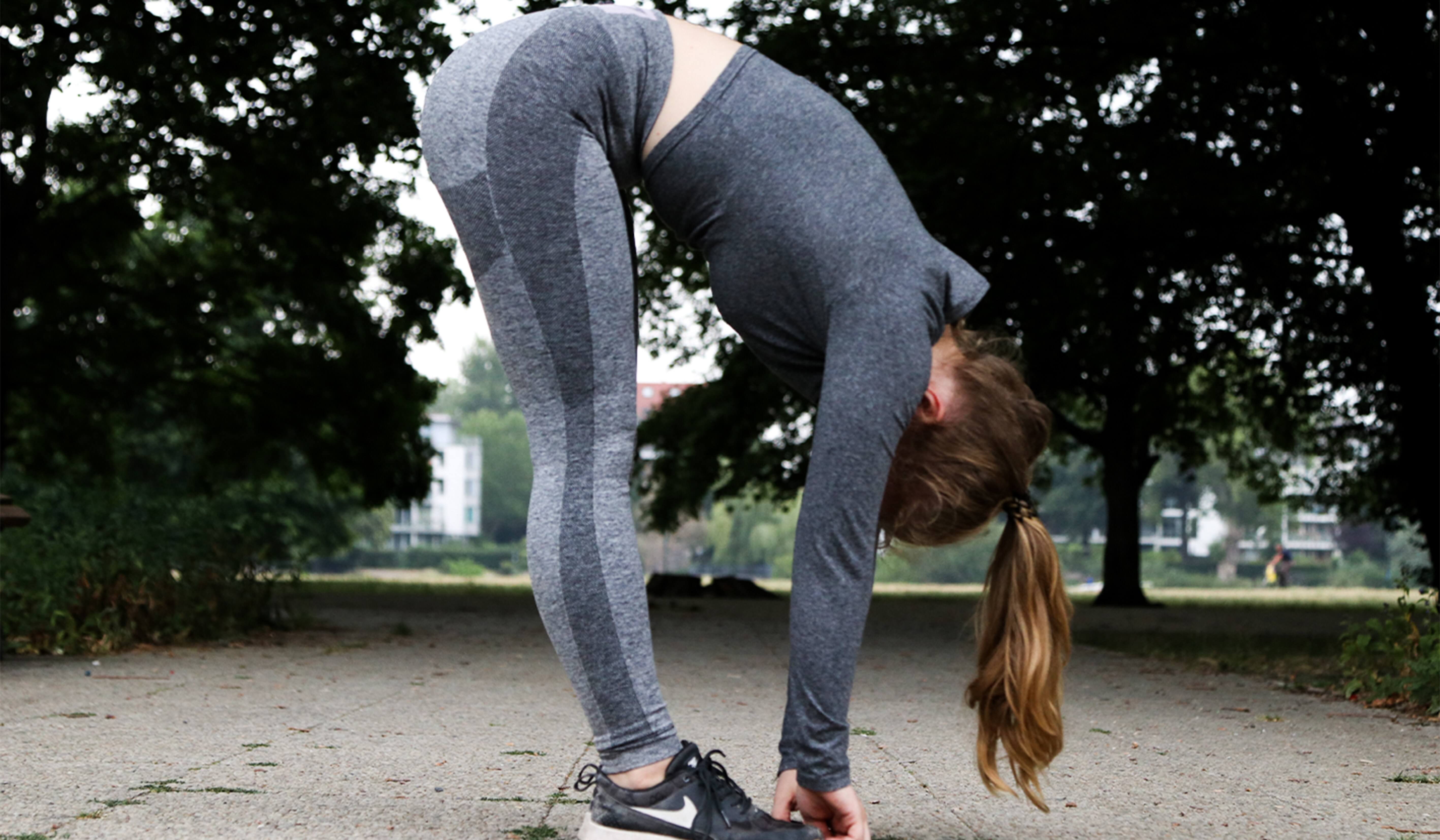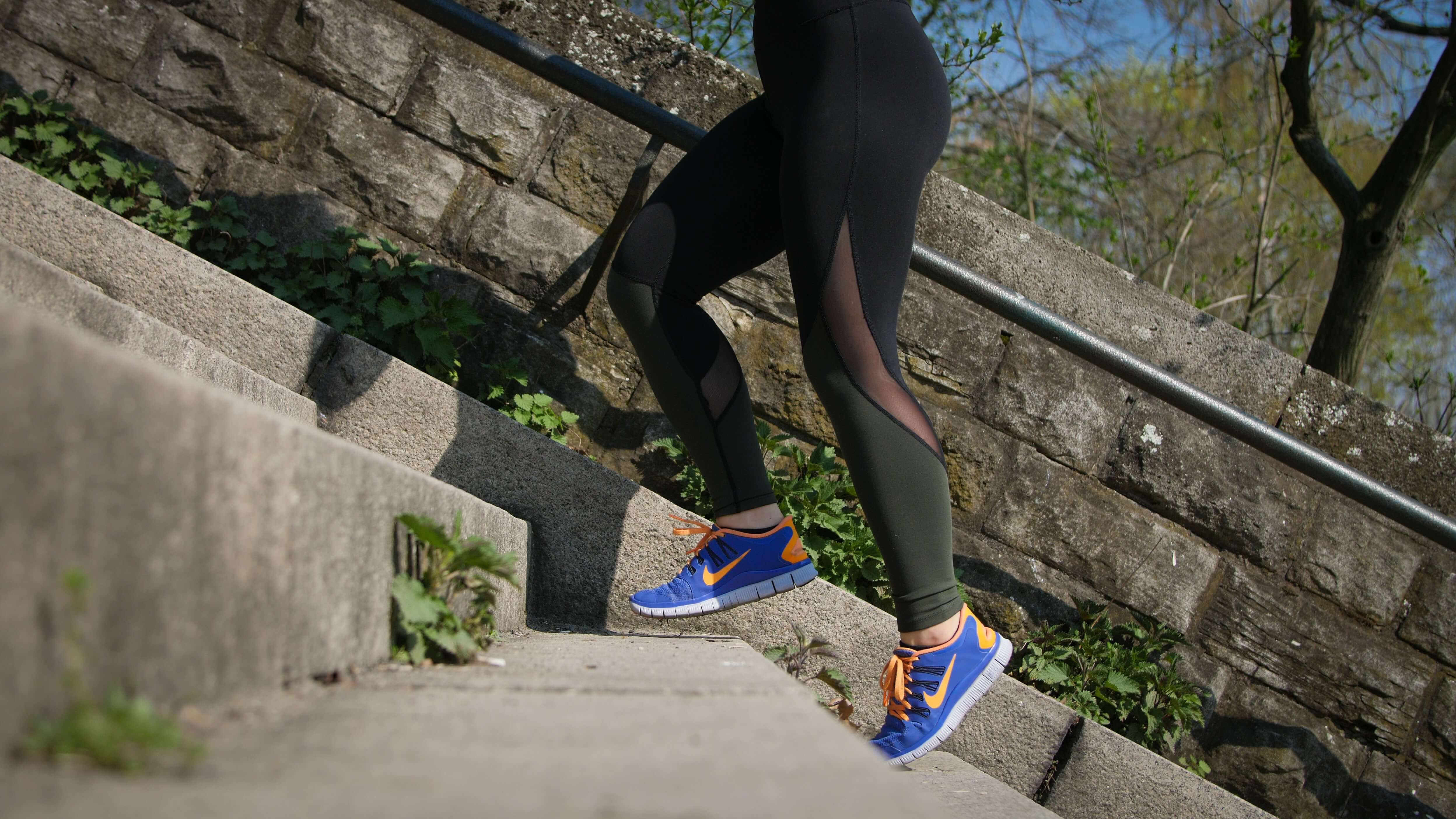What Really Happens To The Body During A Run?

Going for a run makes you feel great from the inside out. Runners get a boost in mood and a release of stress. Runners also know that you are burning calories and building muscle. But what does running do for your body?
The list of health benefits of running is long. This includes being a great form of exercise for weight loss, muscle gain, increasing stamina and enhancing overall fitness.
Running is a full-body workout that uses all the main muscle groups. The majority of the power is in the legs with muscles like quads and calves taking the brunt of the work.
But also working is the glutes, the core, arms, and shoulders.
Because it is a cardio workout, heart rate is up. The faster you go, the more oxygen the lungs breathe in.
And this is just the surface of what is happening in the body during a run.

Promoting A Healthy Heart
Running is a heart-healthy exercise. But what exactly happens to your heart doing a run?
The heart is a muscle. So running essentially is like a workout for the heart. The stronger the heart becomes, the better it is at being able to pump oxygen.
According to one study, men that ran at least 40 miles a week were 26 percent less likely to develop coronary heart disease compared to those who ran 13 miles a week.
However, there is lots of research that suggests running can cause negative effects on the heart.
You have probably heard about marathoners tragically suffering from heart attacks at the end of a race. Poor heart health has been linked to running for decades now.
There is a theory that running causes wear on the heart and blood vessels, which then leads to fibrosis or scarring of the heart.
Other negative effects found by cardiologists published in the Mayo Clinic Proceedings suggest that too much running could lead to calcified arteries and arrhythmias.
Keep in mind that running helps to reduce the risk of obesity, lowers blood pressure and reduces the risk of high cholesterol—which in turn all has healthy effects on the heart.
The Systems: Digestive and Circulatory Systems At Work

When the run starts, the body uses the food previous eaten that is stored as glycogen in the muscles and blood. The glycogen creates molecules called adenosine triphosphate (ATP) which in turn help the muscles work.
Think of ATP as the food or fuel for the muscles that keep them going during the run.
But the muscles also need oxygen along with fuel.
What happens is the muscles release lactic acid. The brain picks up this as a signal that the body is exercising. It knows that more oxygen is needed.
So to redirect blood flow to deliver oxygen, the body shuts down the digestive system in a sense. Really, less blood is being directed to the digestive system and gastrointestinal tract so that it can be pumped to the other parts working.
But exercising does increase the movement of the GI tract, which is why there needs to be enough time to properly digest a meal before a run or else it’s going to come up.
It is also why some runners are the urgent need to use the bathroom mid-run.
Heart, Lungs, And Circulation
What else does running do for your body? It improves circulation.
The circulatory system or cardiovascular system is in charge of delivering oxygen and nutrient-filled blood throughout the body.
Exercise, in general, makes the circulatory system stronger and work better. As a result, the runner can perform better.
Running helps to increase the flexibility of the blood vessels, which is a good thing. Flexible vessels can constrict and dilate. This helps blood flow faster, but also helps to avoid hardening of the arteries due to poor lifestyle and diet habits.
Without an expansive circulatory system, the runner could differ from a stroke or even a heart attack.
The circulatory system also includes the lungs. The harder the muscles are working, the more oxygen they need. This means the more the lungs need to fill with oxygen and let out waste.

Muscles: Feel The Burn
Know that muscle burn in the first few minutes of the run? That’s lactic acid build-up right there. Again, that’s a sign that the muscles are going to need more oxygen.
Within a few minutes of the run, the blood is being delivered towards the muscles thanks to the heart pumping faster.
It’s the quadriceps muscles that are taking the brunt of the work during the run. The quads are used to propel the legs and thus move the body forward. It also has to stabilize the knees.
Then it’s the hamstrings that take off, helping to lift the knee and used to aid in keeping the hips straight.
It’s the gluteus maximus further helps with hip extension and stabilization.
The calf muscles absorb the shock of hitting the ground.
These are the main muscles working during a run. But abs, back and arms muscles also get a workout too.
Conclusion
From lungs expanding to sweat dripping (as a way to regulate body temperature, there is a lot that is going on with the body during a run.
What does running do for your body? It makes it stronger.
From a healthy heart to lean muscles, there are so many benefits to running.
And this doesn’t even include the mind effects. Running releases the feel-good hormone that is credited for that “runner’s high” that leaves you feeling on cloud nine.
It lowers stress, increases self-esteem and even boosts productivity.
Go out for a run. Your body will thank you.
Sources
- , What to Know About Running and Your Heart, Running Website
- , LOVE RUNNING? ? YOUR HEART DOES TOO!, Running Blog
- , WTF Is Happening to My Digestive Tract When I Run?, News Website
- , How Leg Workouts for Runners Work, News Website
- , What muscles do you use when running?, Blog
Latest Articles
 Is Running on a Treadmill Easier Than Running Outside?Runners have their own preferences, whether it is treadmill running, running outside on the road, or exploring trails. So...
Is Running on a Treadmill Easier Than Running Outside?Runners have their own preferences, whether it is treadmill running, running outside on the road, or exploring trails. So... Is It OK to Use Trail Running Shoes on the Road?While trail running shoes can be used on roads, especially in situations where a runner encounters mixed terrains or pref...
Is It OK to Use Trail Running Shoes on the Road?While trail running shoes can be used on roads, especially in situations where a runner encounters mixed terrains or pref... How to Fix Sore Quads After Running?Rest, ice, gentle stretching, and over-the-counter pain relievers can help soothe sore quads after running. Also, ensure ...
How to Fix Sore Quads After Running?Rest, ice, gentle stretching, and over-the-counter pain relievers can help soothe sore quads after running. Also, ensure ... 10 Fruits With The Most Electrolytes to Replace Sports DrinksThese fruits are high in electrolytes such as potassium, magnesium, and calcium, essential for hydration, muscle function...
10 Fruits With The Most Electrolytes to Replace Sports DrinksThese fruits are high in electrolytes such as potassium, magnesium, and calcium, essential for hydration, muscle function...

